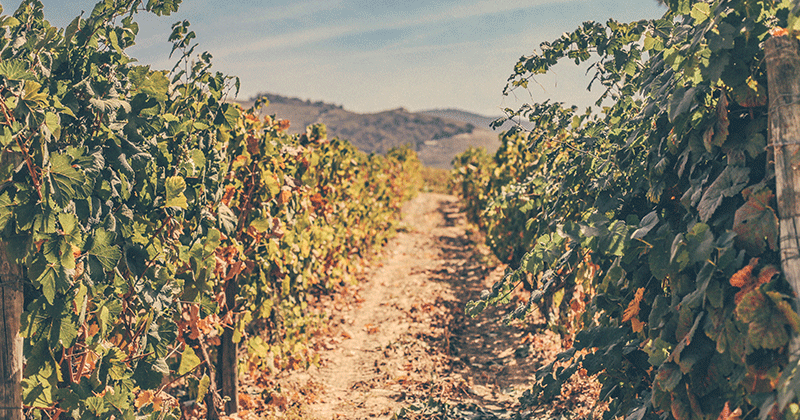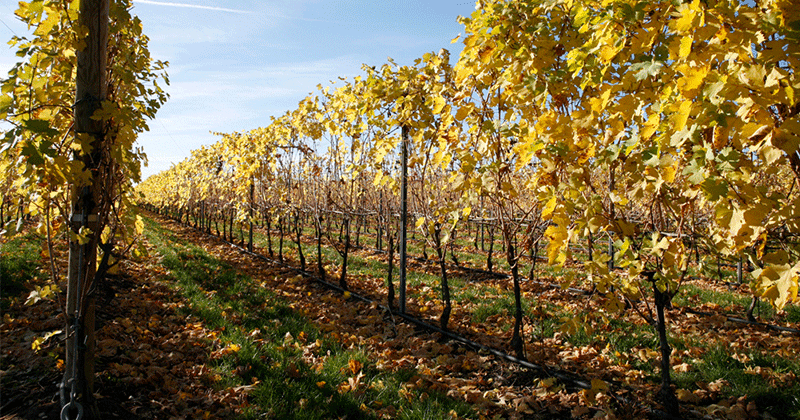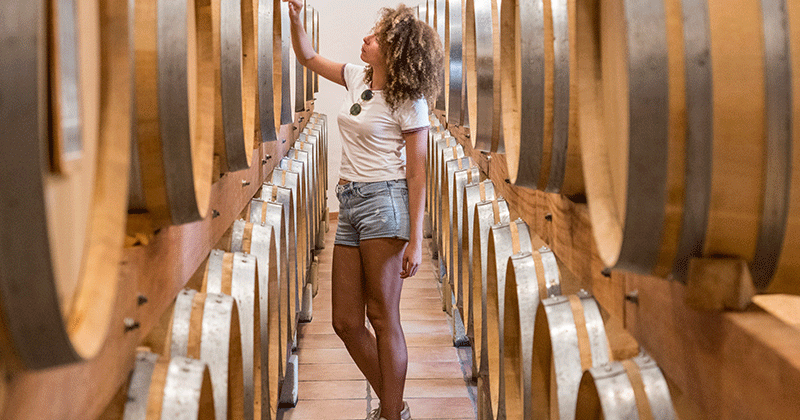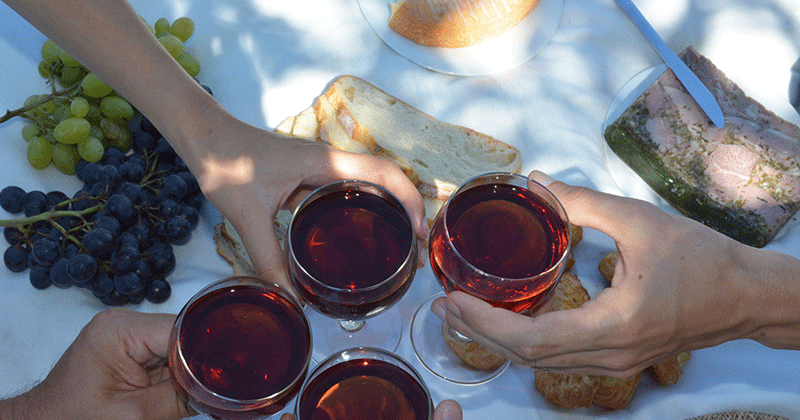As we are becoming more and more aware of the damages and negative impact of global warming, we are increasingly looking into ways of reducing our carbon footprint. We are becoming more mindful of what we buy and what is in the products we consume. It turns out this is something that is also on the minds of our winemakers and a growing number of our partners are now producing organic wines. This week we are looking into what makes a wine organic.
It all starts in the vineyard
Organic wines are made from organic grapes, and organic grapes have to be grown using organic farming techniques. The regulations and rules still vary from country to country but essentially this means that no artificial chemical pesticides, herbicides, fungicides or fertilizers are used, and the grapes are not genetically modified.
Under EU law, naturally occurring substances are permitted and these are for example elemental sulphur and salt copper sulphate (the so-called Bordeaux mixture) which is used as a fungicide but also plant oils, seaweed or powders based on wild herbs which are both natural and do not get into the vine’s sap or grape’s pulp therefore not affecting the wine produced.
Organic farming also focusses heavily on anticipating problems and preventing issues as opposed to curing them. There is a lot of attention paid to natural cycles, little changes in the weather, observing small almost imperceptible changes which can help to predict the arrival of a disease. Organic farmers strengthen their soil with compost and natural fertilizers, this firstly helps the vine to grow but also keep the diseases at bay. A healthy soil means a healthy crop.
And it continues in the winery
Organic wines have less sulphites than conventional wines, but winemakers can still use them in minimal quantities. Wines with no added sulphites (only the naturally occurring ones during the winemaking process) are labelled as natural wines.
To end up in your glass
Organic and natural wines will not necessarily taste very different from conventional wines.
It is sometimes believed that it is easier to achieve consistent flavours across vintages and across a brand when making wines in a non-organic, non-natural way as sulphites play a part in maintaining that consistency. However skilled winemakers use their expertise together with a range of natural techniques to produce interesting and complex flavours reflecting their terroir and are able to maintain a level of consistency through their savoir-faire.
If you would like to sample organic wines and learn all about the organic wine making process, why not go on a wine tour and visit organic wineries? Our friendly team would be delighted to help. Get in touch on +44 (0) 1920 46 86 66 or via email at in**@**********es.net








